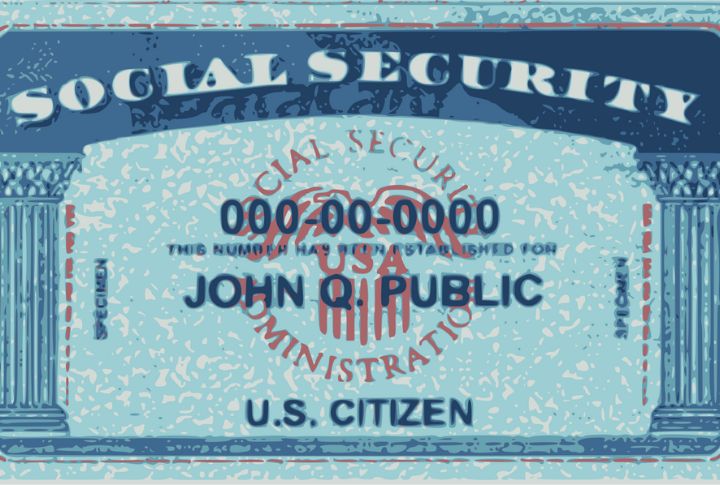
Retirement isn’t just about turning in your office badge and buying golf clubs. It’s a shift that blends planning with imagination, where money and meaning collide. 2025 isn’t far off, so it pays to get intentional now. Ready to prep smarter? Let’s tick through the essentials together.
Set Retirement Date

The timing of your final workday marks the moment when paychecks end and retirement withdrawals begin. Social Security offers some flexibility to allow you to start at 62, but full benefits don’t arrive until 66 or 67. And each year you wait beyond that, adds another 8% to your income.
Evaluate Housing Options

Smart housing decisions affect long-term retirement success. Some retirees relocate to states offering better weather or lower taxes, while others stay local. Housing expenses typically consume the largest share of retirement budgets, though downsizing can reduce mortgage payments and maintenance costs.
Assess Retirement Income Needs

Most experts suggest aiming for 70% to 80% of your pre-retirement income. If you earned $63,000 during your career, that means planning for about $44,000 to $50,000 each year. Calculating the needed income is essential, and budgeting for travel or leisure also helps capture lifestyle goals.
Review And Consolidate Retirement Accounts

Many retirees maintain separate accounts from past employers, which creates unnecessary complexity. A thorough review of 401(k)s and IRAs, on the other hand, provides essential clarity about your financial position. Account consolidation simplifies reporting, and though Vanguard offers consolidation help, automatic rebalancing requires special setup.
Maximize Social Security And Pension Benefits

Monthly Social Security payments increase by 8% each year when delayed past retirement age until 70. The Estimator tool demonstrates various claiming scenarios, and pension choices now also include spousal protection options. Furthermore, previous government workers see no WEP or GPO benefit reductions.
Update Legal And Estate Documents

Legal documents can lose relevance when laws change or you move to a new state. Estate planning today extends to digital accounts and online access as well. So, if you haven’t reviewed your will or power of attorney lately, now is the time to make sure everything still reflects your wishes.
Create A Withdrawal Strategy

Required Minimum Distributions become mandatory at age 73 in 2025, so plan accordingly. The bucket strategy divides assets into distinct time horizons, therefore creating a structured approach. A carefully designed withdrawal plan, in turn, reduces the chance of depleting retirement savings prematurely.
Plan For Health Insurance And Medicare

Healthcare coverage is non-negotiable in retirement, making Medicare a key milestone at age 65. Enrolling on time also avoids costly lifetime penalties, while retiring earlier means finding temporary solutions. Options like COBRA or part-time work can further help bridge the gap until Medicare begins.
Review Life And Long-Term Care Insurance

You may not need the same insurance at 65 as you did at 40. Life coverage often loses importance when dependents are grown, but the risk of needing long-term care increases. Securing that protection early usually means more affordable rates.
Manage Taxes In Retirement

Tax laws are set to shift in 2025, making it important to plan ahead. Some states don’t tax Social Security, which also influences where you might live. Although Roth conversions can ease future burdens, balancing withdrawals across account types also helps avoid costly surprises.
